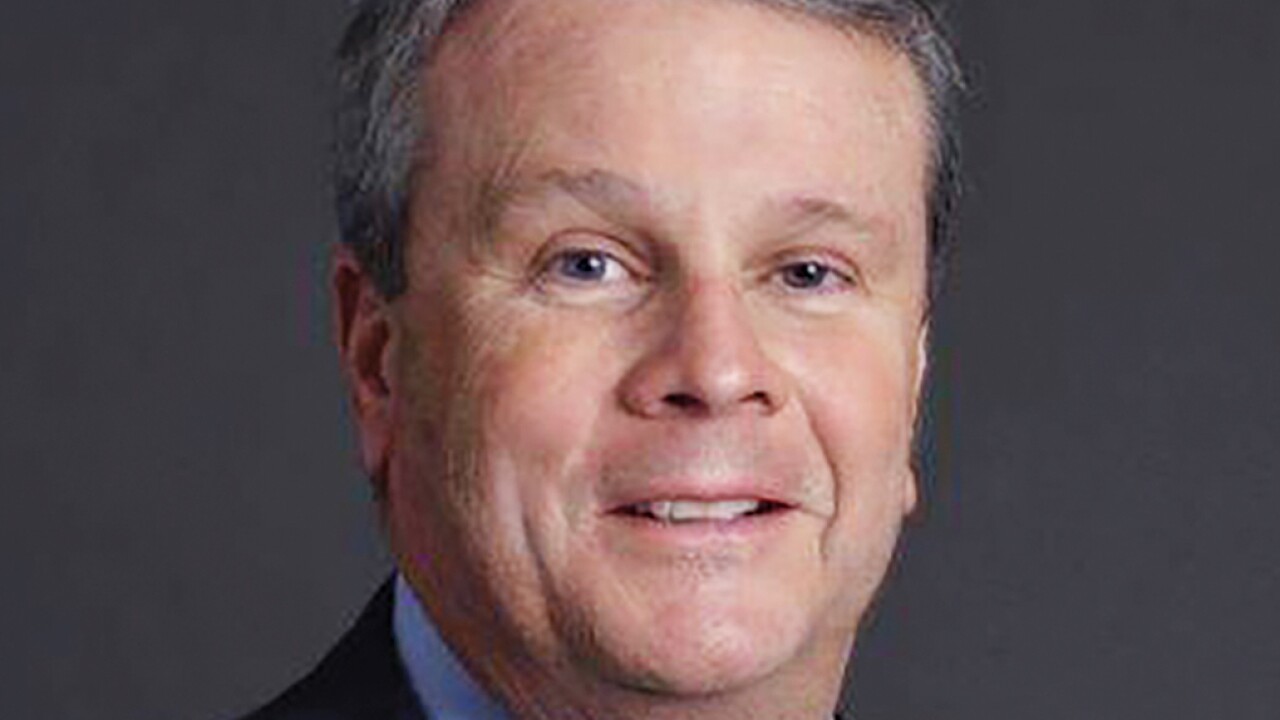The Internal Revenue Service issued a ruling allowing taxpayers to use a tax-advantaged flexible spending account to pay for the medical portion of an ancestry test from the genetic testing service 23andMe.
The
FSAs and HSAs both allow taxpayers to set aside a certain amount of their pre-tax income each year and use those funds for qualified medical care expenses for both taxpayers and their dependents. In its ruling, the IRS ruled that a portion of 23andMe’s Health + Ancestry Service qualifies as an eligible medical expense.
“Specifically, 23andMe’s testing services and reports that are eligible are those that are subject to FDA jurisdiction including Health Predisposition, Carrier Status, and Wellness reports,” the company reported. “Since 23andMe doesn’t offer these reports separately from the rest of its Health + Ancestry Service, the IRS provided guidance on how the taxpayer who received the ruling should allocate the amount of their purchase that is medical care. Under this ruling, up to $117.74 of the $199 cost for 23andMe’s Health + Ancestry Service (plus shipping and applicable taxes) is an eligible medical expense.”
The IRS letter explained how the expenses should be divided. “On the basis of our analysis of the facts and representations provided, because ancestry services, a non-medical service, must be purchased with health services, we conclude that the price of the DNA collection kit will not be a cost for medical care if only purchased for the ancestry services; however, if the taxpayer also purchases the health services, the price of the DNA collection kit must be allocated between the ancestry services and the health services using a percentage (cost of the health services / cost of ancestry plus health services).”
The company has created an
Last week, the IRS also expanded the list of preventive care benefits that can be offered by high-deductible health plans to include a range of chronic conditions (see
For more information from 23andMe about the ruling,






